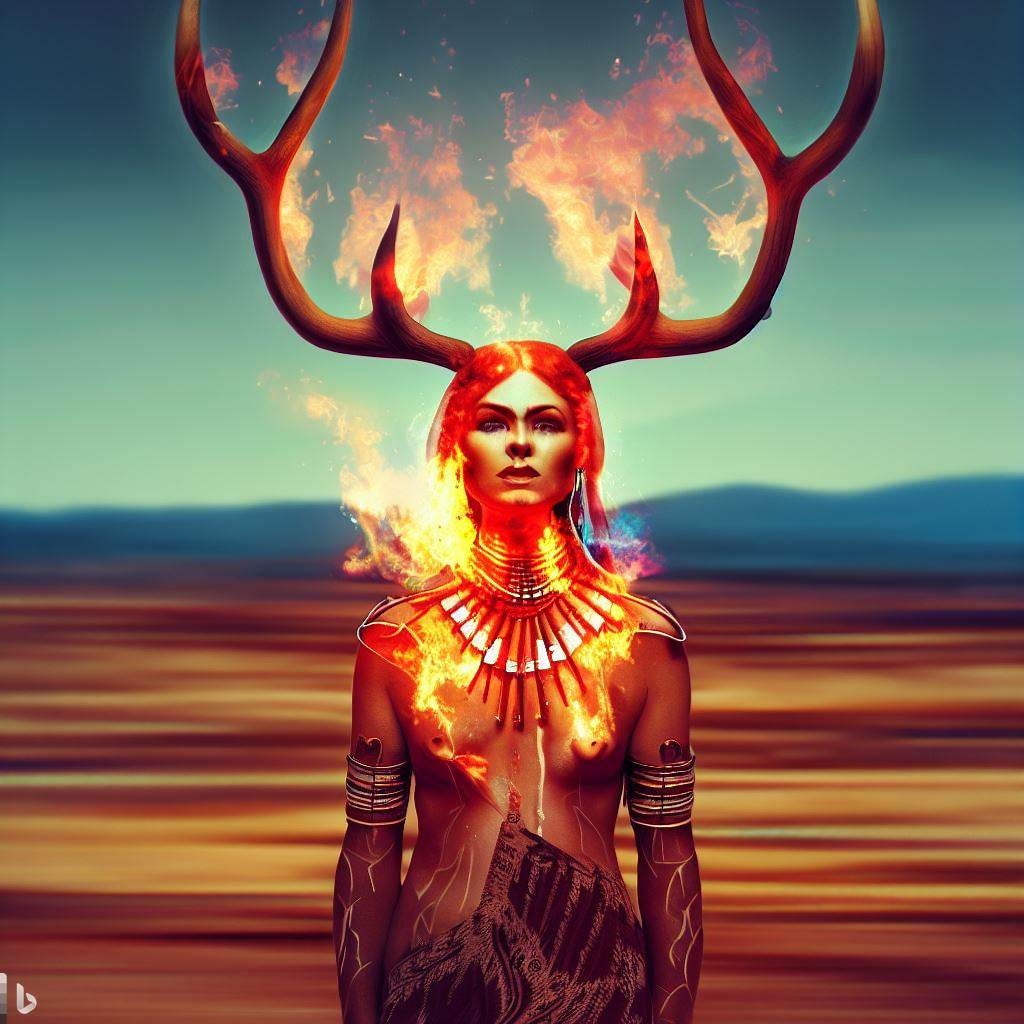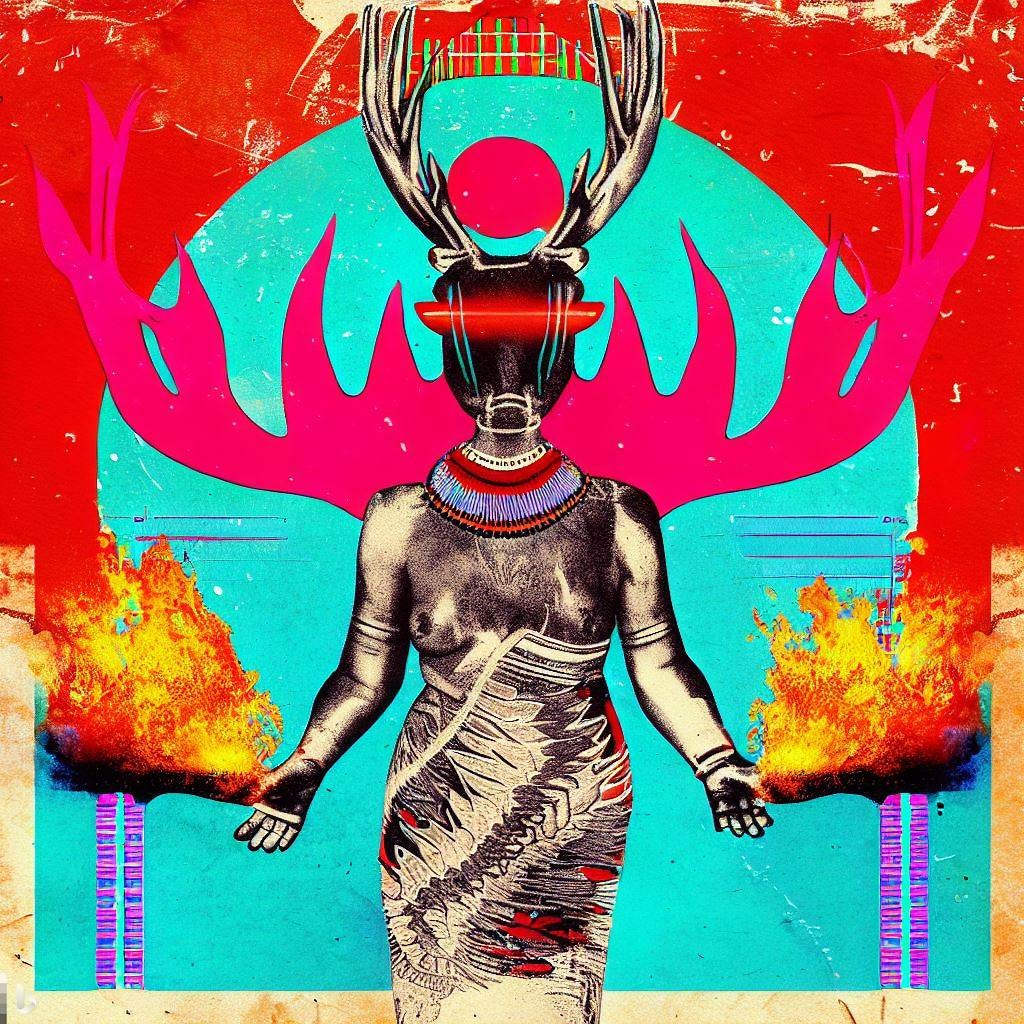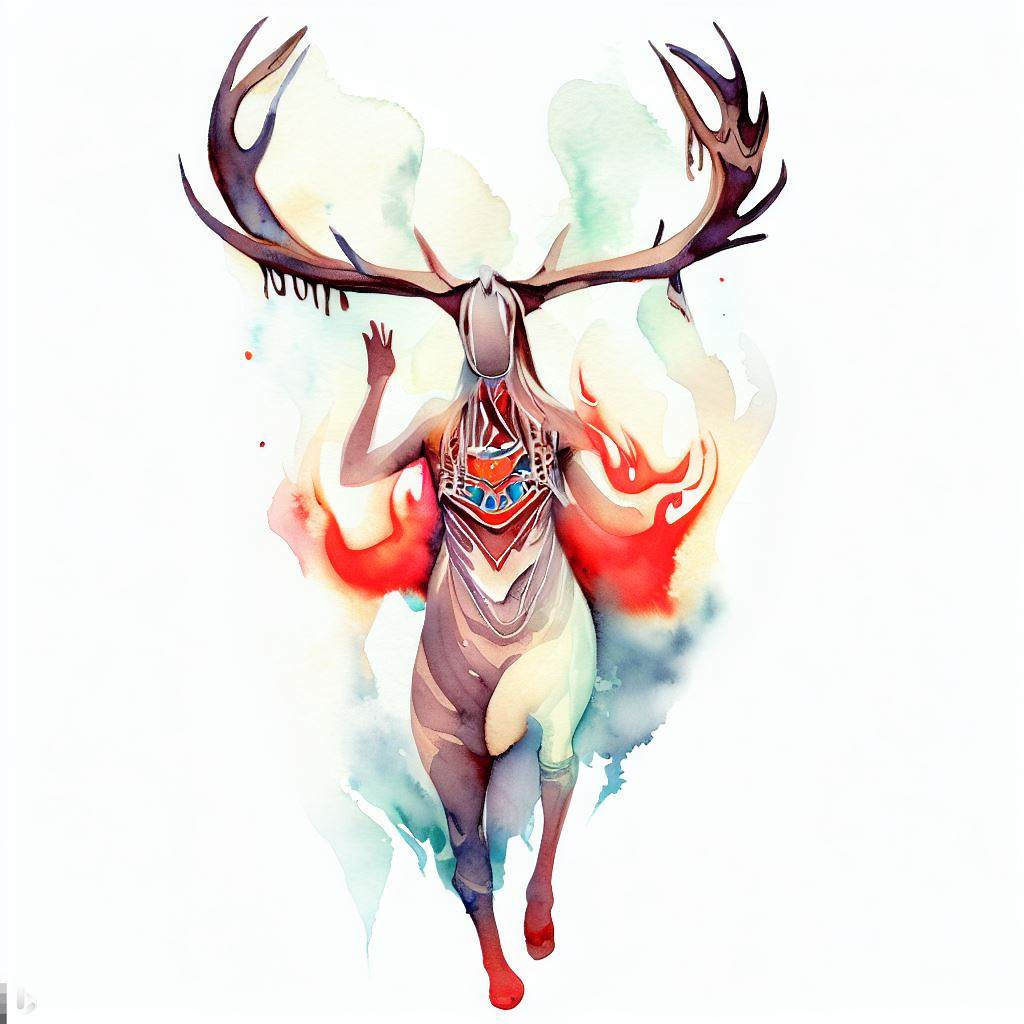This, for me, is a grounded assumption, more like an axiom:
all the stories are true
all the stories are false
The dystopian ones are especially true
All those nightmares have already happened, are currently happening and may happen again
1984, Ghost in the Shell, Psycho-Pass, Battlestar Galactica, Akira, Cyberpunk: Edgerunners, MAKE MY DAY, exception, The Handmaid’s Tale, The Hunger Games, Black Mirror, Never let me go, High rise, The Purge - done! done! done! all done!
I visited a “Brave New World” and all I got was a lousy t-shirt saying “what a hideous skin-colour brown is!”.
You name it! Every single story is alive with people kicking and screaming trying to get out of it
It’s no less true that the weird, pointless, surreal and cheerful stories are also alive. However, I do struggle to see them dancing in front of my eyes as I’ve been conditioned for doom and gloom (no surprises there!)
All stories are true and valid and all stories are false and invalid
Living in that paradox is resolved by an old AA adage: take what you like and leave the rest behind; just remain in the rooms long enough for the miracle to happen
Stories are models, maps of sorts. Layered maps, like the ones from Google Maps, revealing, hiding or highlighting details.
As with any map, stories are incomplete. A map is a map, it’s not the terrain.
A brilliant map can be reduced to TP by an unskilled reader as much as a delulu reader can make up a kingdom that was never there in the first place. But that doesn’t make the story, the map, the model, or even the reader wrong. Maps take you somewhere, though maybe not where you intended to go.
How you take a map, how you take a story and what you make of it, reveals about you as much as it reveals the terrain. A story can be a gentle ego dissolver.
A story is just a model that you're going to interpret and feed on depending on your coordinates, where you are rooted and towards what you’re oriented, your feelings, your fears and all your other stories.
Your coordinates may not match a map-story and yet using it and forcing yourself through is possible. It is your prerogative if you have the power to do it.
Cartography.
This is a story about stories, about how I have learnt to relate to stories. This is a model I use and this is an invitation for you to use it. I like this model because it has consistently held me and aided me when there is a shift and I have to toss a story aside and find a new one.
We seem to need stories to find meaning powerful enough to traverse time-space. So, rather than vanish or ignore stories, my thing is more about learning to relate to them for our mutual benefit.
It may not be the model for you and that’s fair.
Readers, writers and bards colour the stories they get and transmit.
Lovecraft wrote a horror story about an indescribable colour from out of space.
There is a song by Ampersan that says “¡qué daría la vida misma por tener otro color!” (what would life give to have a brand new colour!) where a new colour is welcomed to take part in life’s game.
Both stories are about the same concept, a strange colour and the possibility of its interaction with life; but one comes from a terrified racist white man and the other one is by a Mexican band known to musicalise poems by Indigenous authors. Both address a possibility; one with fear and the certainty of doom while the other one remains sweetly curious.
I like both tales so the trick for me is to discern what’s the best story for the occasion. That often consists of determining whether I have a choice of selection or if I am simply compelled by my addictions to use one story in particular.
Nonetheless, whatever I do, whatever I pick, the story will take me somewhere. My thing is about educating my craft at selecting stories so I go for the ones that allow more joy and delight in my life and life in general whilst I am here, inside the Behemoth.
Thus, in this particular case, I lean towards the Ampersan’s one. However, there are other concepts where I’m partial to a varied story bouquet.
Take houses. I often dream of houses, buildings and stairs. Sometimes my dreams are pleasant, sometimes they are nightmares. I find the “House of Leaves” a good manual to navigate the irksome experiences that houses often transpire. The same thing happens with the Netflix film “The House”. Though none of these stories lean towards a happy ending or are good to settle my system, I can’t help but recognise how immensely useful they are and how, despite their twistedness, I do enjoy them.
Recently, I was introduced to the Dream House practice by Julie Balderrama and my universe of house stories expanded; this time with a house story that actually grounds me and doesn’t frighten me.
We are every story, every relation, every video, every message, and every communication that gives us meaning. Therefore, it is helpful to see ourselves as a collective of stories, including the stories we tell. They all speak of our network, how we relate, our relationships and our beliefs.
Families create their lore by means of repeating their stories. Orality gives birth to the hidden manual that tells us what to feel and how to relate when something happens, what to do when there is a trigger and how to feel at peace. Repetition counts like “truth” in our family dynamics, just like in “Brave New World”
Also, all the stories are new and all the stories are old and jaded.
Although a story may not be new to the world, it might be new to me.
Although a story I come up with may appear novel to me, it probably has already been told before. It is not about claiming ownership to stand out and dominate or bringing out decidedly novel material; it is about who I am and what this filter I am to that story allows through.
How I spin that yarn and how it relates to all my other stories, that’s what’s novel. Maybe. Because it may be that there is already a lore I don’t know of that encompasses all I am saying.
But I am not as unaware as to claim what I say is prime original, the fucking philosopher stone. In fact, I aim to link back to my sources, especially because more than once I have thought something is my idea when it’s simply something I read last week and finally the penny dropped.
All I know is that I, you, we are unlikely to be the first one or the last one to tell a particular story and take the opportunity to grasp a specific meaning.
Stories are a bit like fractals; you zoom in and more is revealed although the shapes, the general details and the essence remain kind of the same.
It doesn't really matter if the story is true
If I believe it’s true, it is
If I act as if it is true, it is true
I make it true with my actions
I will find the elements to make it logically true for me, despite consensus reality, science, reasons, etc
Same thing happens if I think a story is false
Same thing happens if I think a story is both true and false
And all that is devastating, magical, beautiful and horrifying all at the same time
All I need to remind myself is that the validity of a story may be strongly attached to an identity of mine even to the point of invalidating any other alternative
Also, believing the validity of a story doesn’t mean I (we!) get to escape from the impact of self-endorsing it
The contents of this publication are distributed for free, though they are copyrighted ©.
If you enjoyed this post or benefitted from it in any way, please consider sharing it or making a one-time donation.
Familiarise yourself with the boundaries of my Substack before commenting.






